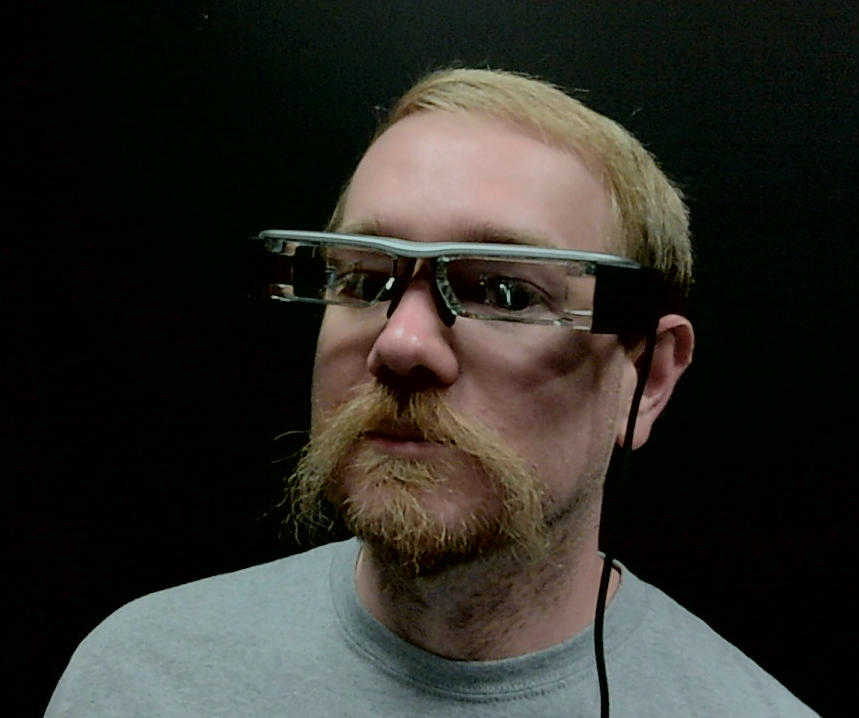Doctoral student earns international NSF fellowship
May 19, 2014
STARKVILLE, Miss., − A computer science and engineering doctoral student has earned an international summer fellowship.
Ken Moser received the National Science Foundation East Asia and Pacific Summer Institutes Fellowship. It will allow him to work in Nara, Japan at a premier Japanese research laboratory throughout the summer.
“I’m excited. I’ve been to India, but never to Japan. I’m looking forward to the trip,” Moser said.
During his fellowship Moser’s research will focus on augmented reality, which uses computer generated content to improve a person’s view of the surrounding environment. Augmentation can be found in everyday items, such as a car’s GPS or overlaid MRI data displays, which helps doctors plan and execute surgeries.
When applying for the fellowship, Moser had requested to work in Australia with Chris Sandor, a leading researcher in the field. However, when Sandor was named an associate professor at the Nara Institute of Science and Technology, Moser’s fellowship was relocated.
“Being able to work with Dr. Sandor, who is quite well known in the AR community, is a great opportunity,” Moser said.
Not only is Moser looking forward to visiting several research labs in Japan, he is also excited about seeing the historical and cultural atmosphere the country has to offer. He will also have the opportunity to meet many researchers who have influenced his work.
“John Carmack, who was a fairly popular video game creator, is going to be coming to a workshop and as well as many other researchers from Japan and several other countries. That alone is worth the trip,” Moser said.
The EAPSI awards were established to not only provide an educational opportunity for graduate students, but also to help them initiate professional relationships with foreign counterparts to enable future collaborations.
Since starting his degree in 2011, Moser has worked alongside computer and science engineering professor Ed Swan at the Center for Advanced Vehicular Systems. Swan is excited for all the researchers Moser will meet.
“What I hope and know he will get, is the attention of smart and talented people who work in what is one of the best labs in Asia for this kind of work,” Swan said. “Kenny is pursing a very challenging but important topic, and the more ideas and feedback he can get the better it will be.”
Following graduation Moser hopes to continue a career in academics. He earned a bachelor’s degree in mechanical engineering and a master’s in computer science from Mississippi State.
For more information on the NSF EAPSI fellowship visit www.nsf.gov/eapsi.
Additional information on the Bagley College of engineering can be found at www.bagley.msstate.edu.
By: Emily McConnell

